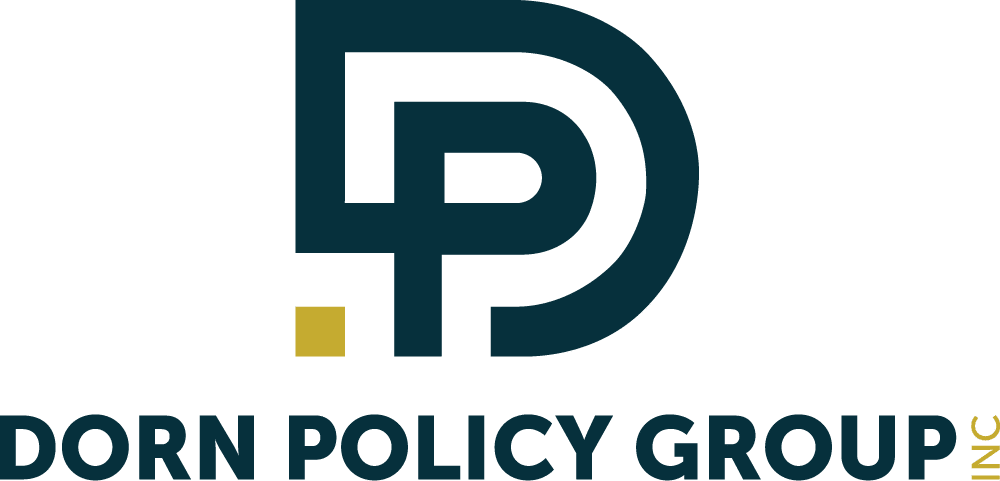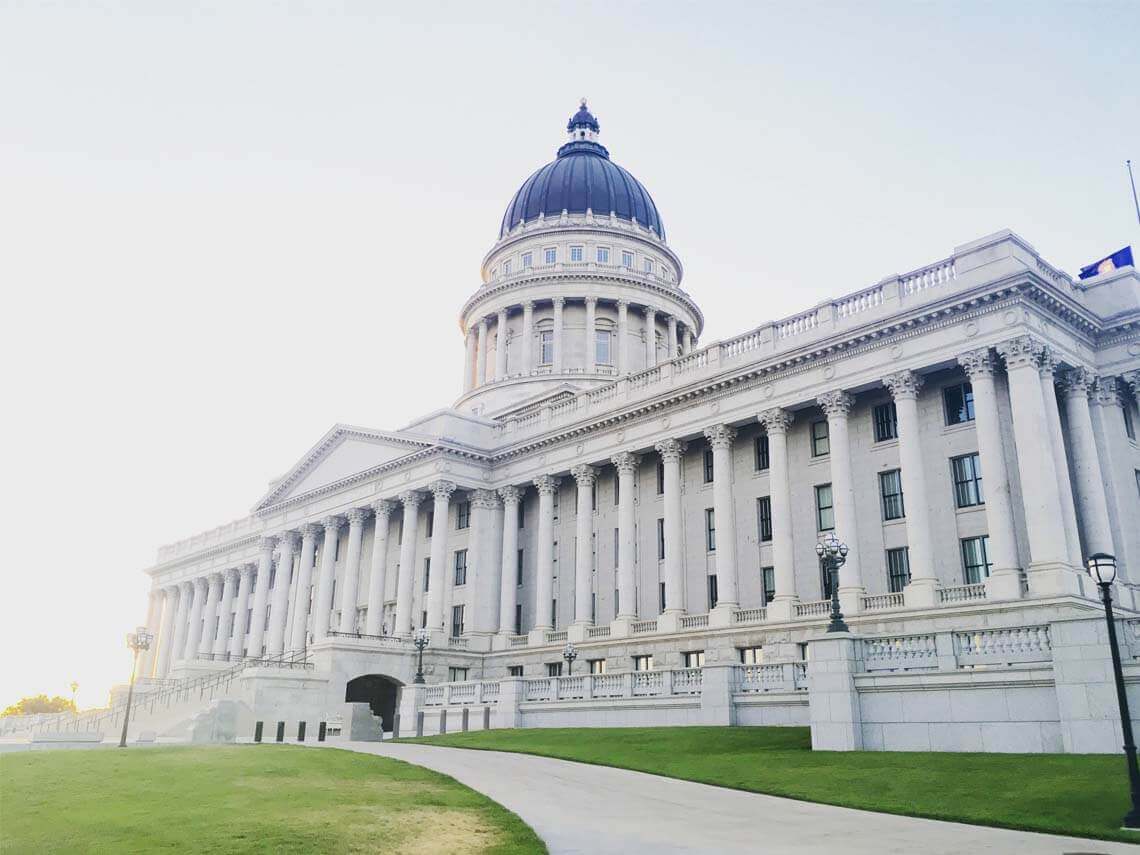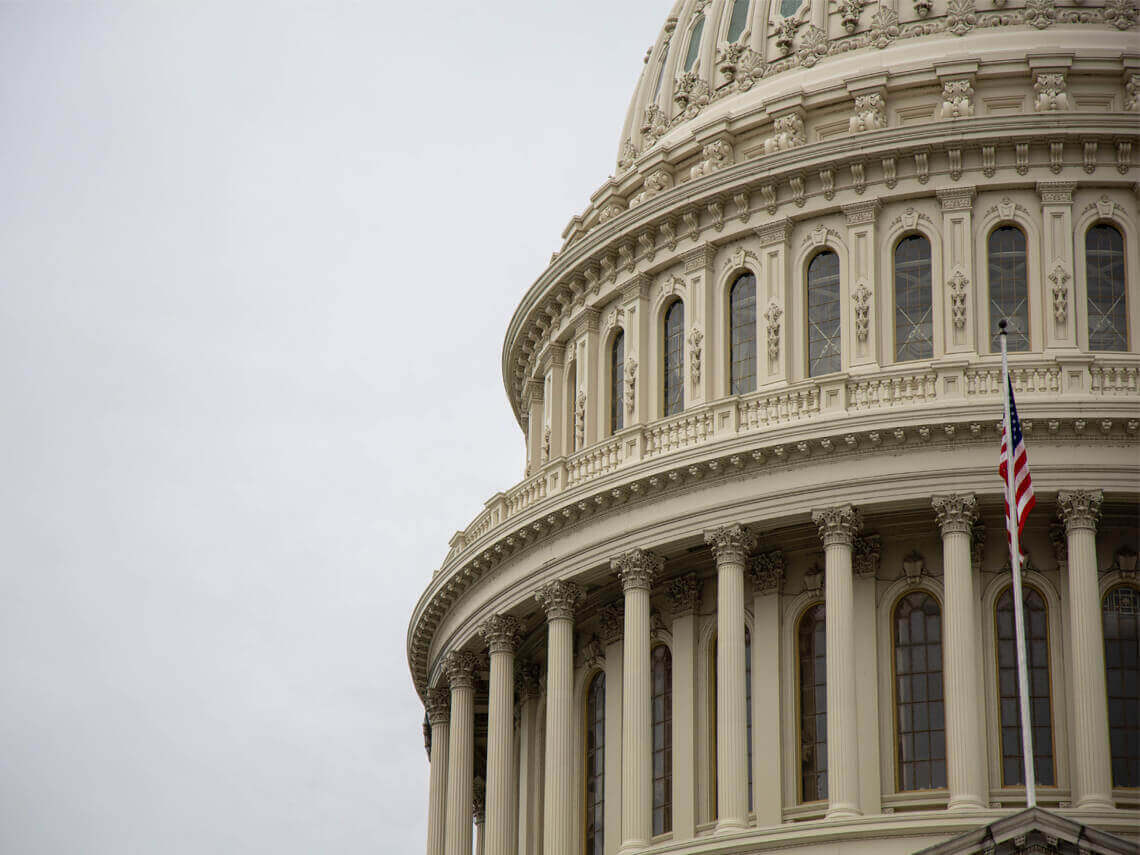There has been a shift in government interest relating to public-private partnerships (P3s). A P3 involves the collaboration between government agencies and private-sector companies to finance, build, and operate different projects. This typically involves critical elements of local communities, such as public transportation networks, parks, and convention centers. Many people are unaware of what public-private partnerships are, and how they can benefit local infrastructure.
As one of the top government affairs firms in Arizona, we work hand-in-hand with government agencies and private-sector businesses. Many essential elements of Arizona’s robust communities have benefited from these public-private partnerships.
Public-Private Partnerships Benefit from Risk Transfer
One of the most significant advantages P3s have is the transferring of financial risk from taxpayers to investors. Common risks include overrun project costs, change orders, delays, and anything else that may increase the cost of a project. In a traditional scenario, the project risks are on the financial shoulders of the taxpayer.
The private sector is typically more amenable and motivated to assume these financial risks since it affects their bottom line. They are contractually obligated to deliver the project on-time and on-budget or face financial repercussions. Companies will have great incentives to deliver on their end of the project, while government agencies benefit from their services.
Bundling is a Huge Benefit for Local Government Projects
In a Design-Build-Finance-Operate-Maintain (DBFOM) contract, the private sector partner is responsible for all aspects of the project. Combining these functions together into one contract is referred to as bundling. In traditional procurements, companies will bid on each individual function in order to provide their services for government projects.
Through public-private partnerships, government agencies appreciate that the private sector is the primary company working on their projects. There is a shared interest in ensuring the project is completed in an effective and timely manner. Additionally, the private sector will be responsible for overseeing the project to meet high standards of design and construction. Poor quality of work can lead to an increase in maintenance costs and create challenges down the line. Government entities can avoid this by working with private-public partnerships to ensure a high-quality product.
Public-Private Partnerships Enhance Capital Opportunities
Unlike traditional procurements, P3s are financed by equity and debt. Infrastructure projects are funded through government revenue and may limit the agency’s ability to raise enough capital for the project. Introducing equity not only increases the project’s potential size but also considers equity funds to deploy into the project. Equity funds include:
- Institutional funds
- Insurance funds
- Pension funds
- Private equity funds
Dorn Policy Group Can Assist in Developing Potential Partnerships
As one of the premier Arizona lobbying firms, Dorn Policy Group is proud to introduce government entities to hard-working companies. With over five decades of combined government relations experience, we know how to put our client’s best interests forward. Contact us today and learn how our knowledgeable staff can help you.










